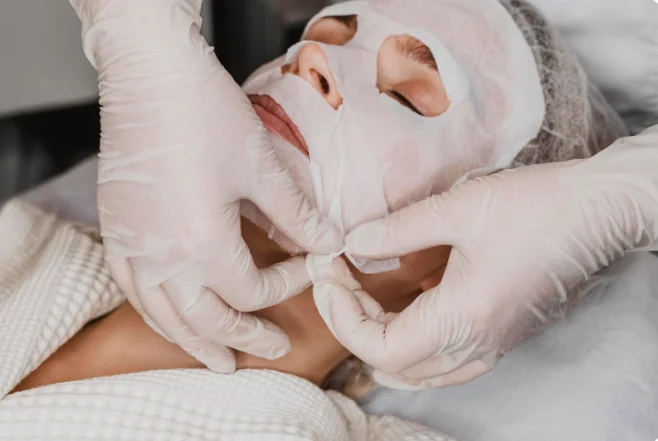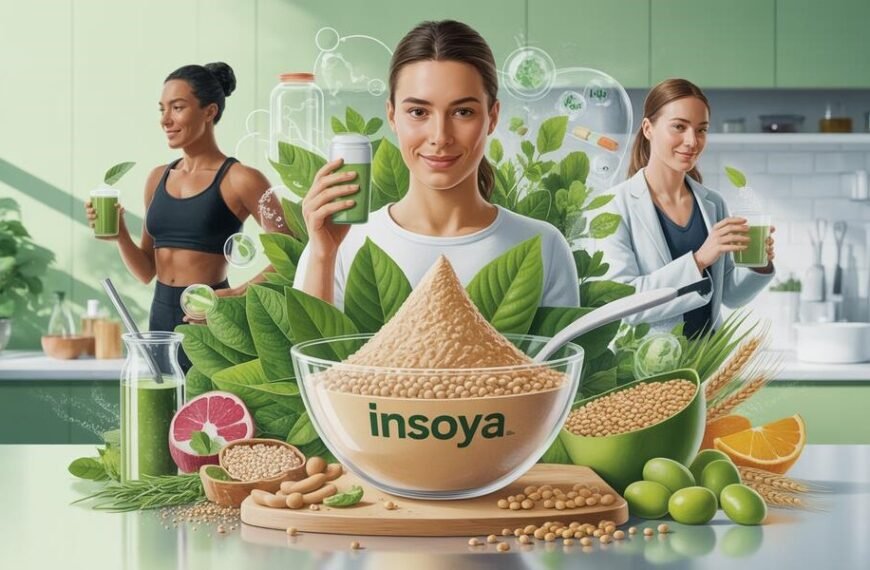Sheet masks have become one of the most popular skincare products in recent years. They are convenient, packed with active ingredients, and deliver an instant spa-like experience at home. Because of their rising demand, many cosmetic brands are looking for manufacturers who specialize in producing high-quality sheet masks. These facial mask manufacturers not only produce the masks but also help brands with formulation, packaging, and innovation. Below, we’ll explore some of the leading companies in this space, starting with Zicail, and discuss what makes a reliable sheet mask manufacturer.
Zicail: A Closer Look
Who is Zicail?
Zicail is a professional facial mask manufacturer specializing in sheet masks. Known for their strong research and development team, they offer one-stop solutions for skincare companies worldwide. Their portfolio includes a wide range of facial masks that can be tailored to meet the needs of different markets.
Capabilities & Features
Zicail’s strengths lie in their ability to customize. Brands working with Zicail can select the ingredients, mask materials, and even packaging design that fits their identity. They also focus heavily on innovation, constantly monitoring skincare trends and consumer needs to deliver new formulas and mask technologies.
Quality and safety are at the core of their production process. By following strict international standards and good manufacturing practices, Zicail ensures that their sheet masks meet global expectations. This makes them a strong choice for both small brands entering the market and established companies looking to expand their product lines.
Other Notable Manufacturers
While Zicail is a leader in the field, several other manufacturers are also recognized globally for their expertise in sheet mask production.
Taiki
Taiki is one of the most established names in the skincare manufacturing industry. With a long history of providing private label and OEM/ODM services, they offer a wide range of sheet mask materials and patch formats. Their expertise lies in consistency, advanced materials, and the ability to scale production for global brands.
Biocrown Biotechnology Co., Ltd.
Based in Taiwan, Biocrown has decades of experience in skincare and personal care manufacturing. They provide a variety of sheet mask options such as bio-cellulose, Tencel, and cotton. Their strength is in combining natural plant extracts with innovative mask materials, making them a go-to choice for brands seeking both effectiveness and eco-friendly solutions.
Global Cosmetics
Global Cosmetics is a company that focuses heavily on customization and production capacity. They provide multiple sheet mask base materials, including hydrogel and bio-cellulose, and offer brands flexibility in packaging and design. Their ability to handle large orders makes them ideal for companies aiming for a global distribution strategy.
Other Industry Players
Several other manufacturers are worth noting in the sheet mask space. TY Cosmetics, Olehana, and ALLMASK each offer unique customization services, flexible formulations, and innovative mask shapes or materials. Together, these companies showcase the diversity of expertise available in the industry.
What Makes a Top-Tier Sheet Mask Manufacturer?
Choosing the right partner for sheet mask production is crucial for any skincare brand. Here are the qualities that separate excellent manufacturers from average ones.
Materials & Mask Types
The choice of sheet material is critical to how the mask performs. Common types include cotton, Tencel, hydrogel, and bio-cellulose. Each has different advantages in terms of serum absorption, comfort, and eco-friendliness. Top manufacturers provide a variety of options to suit different market segments, from budget-friendly to luxury.
Formulation & Ingredients
A high-quality sheet mask is more than just its base material. The serum it delivers must contain safe, effective ingredients such as hyaluronic acid, niacinamide, peptides, or plant extracts. The best manufacturers allow brands to create customized formulas that address different skin concerns like hydration, brightening, or anti-aging.
Quality Control & Certifications
Global skincare markets demand strict adherence to safety standards. Reliable manufacturers follow Good Manufacturing Practices (GMP) and obtain certifications like ISO. They also conduct stability tests, microbial tests, and patch testing to ensure every product is safe and consistent.
Minimum Order Quantity & Lead Times
Flexibility is important, especially for smaller brands. Some manufacturers require high minimum order quantities, while others are more open to smaller batches. Lead times also vary and can influence how quickly a product reaches the market.
Innovation & Design Support
Leading manufacturers don’t just produce sheet masks — they innovate. Whether it’s creating new mask shapes, offering biodegradable materials, or developing serums with trending ingredients, these companies help brands stay ahead of consumer demands. Design services, such as custom mask fit and creative packaging, also add value.
Sustainability
With growing awareness of environmental issues, sustainability has become a deciding factor. Many consumers are concerned about single-use sheet masks contributing to waste. Manufacturers offering biodegradable masks, recyclable packaging, or eco-friendly production practices have a clear competitive advantage.
Geographic Strengths of Sheet Mask Manufacturing
Where a manufacturer is located often impacts cost, quality, and availability of materials.
- East Asia (China, Japan, Korea, Taiwan) is the global hub for sheet mask production. These countries have advanced technology, well-developed supply chains, and access to high-quality raw materials.
- South Asia (including India) is growing rapidly as a cost-effective region for private label sheet mask production.
- Western companies tend to position themselves as premium and sustainability-driven, offering eco-friendly masks but usually at higher costs.
Challenges in Sheet Mask Manufacturing
Even the most established manufacturers face several challenges:
- Ingredient Sourcing – Obtaining clean, sustainable, and consistent raw materials can be difficult.
- Sustainability Pressure – Transitioning to biodegradable materials requires investment in new technologies.
- Regulatory Differences – Each country has its own cosmetic regulations, making compliance complex.
- Balancing Cost and Value – Consumers want affordable yet effective products, while brands aim to differentiate themselves.
- Market Competition – With so many brands offering sheet masks, standing out is increasingly difficult.
Future Trends to Watch
The sheet mask industry is evolving quickly, with several trends shaping its future:
- Eco-friendly materials such as biodegradable fibers and compostable packaging.
- Smart masks that change color or release ingredients gradually.
- Personalization where masks are tailored for different skin types or even mixed on demand.
- Microbiome-friendly formulations with probiotics and adaptogens.
- Greater transparency in sourcing and sustainable manufacturing practices.
These trends show that manufacturers who can innovate while staying environmentally responsible are more likely to thrive.
How Brands Can Choose the Right Manufacturer
For skincare brands considering entering the sheet mask market, here are steps to guide the selection process:
- Define your brand vision and target customer.
- Choose the must-have features such as sheet material, actives, and packaging.
- Request samples from multiple manufacturers to compare quality.
- Check certifications and quality control measures.
- Understand all costs, including production, packaging, and shipping.
- Evaluate lead times and production flexibility.
- Consider the manufacturer’s environmental practices and sustainability approach.
By carefully evaluating these factors, brands can find a reliable partner who not only produces masks but also helps them grow in a competitive market.
Conclusion
Sheet masks have become a staple in modern skincare routines, and their popularity shows no sign of slowing down. Manufacturers like Zicail, Taiki, Biocrown, and Global Cosmetics are at the forefront of this industry, offering brands expertise, innovation, and high-quality production.
For skincare companies, selecting the right manufacturing partner means balancing cost, quality, customization, and sustainability. As consumer expectations evolve toward eco-friendly and effective skincare, the most successful manufacturers will be those who combine scientific expertise with responsible practices.
In the end, working with a specialized sheet mask manufacturer ensures that brands can deliver products that not only meet but exceed consumer expectations.






